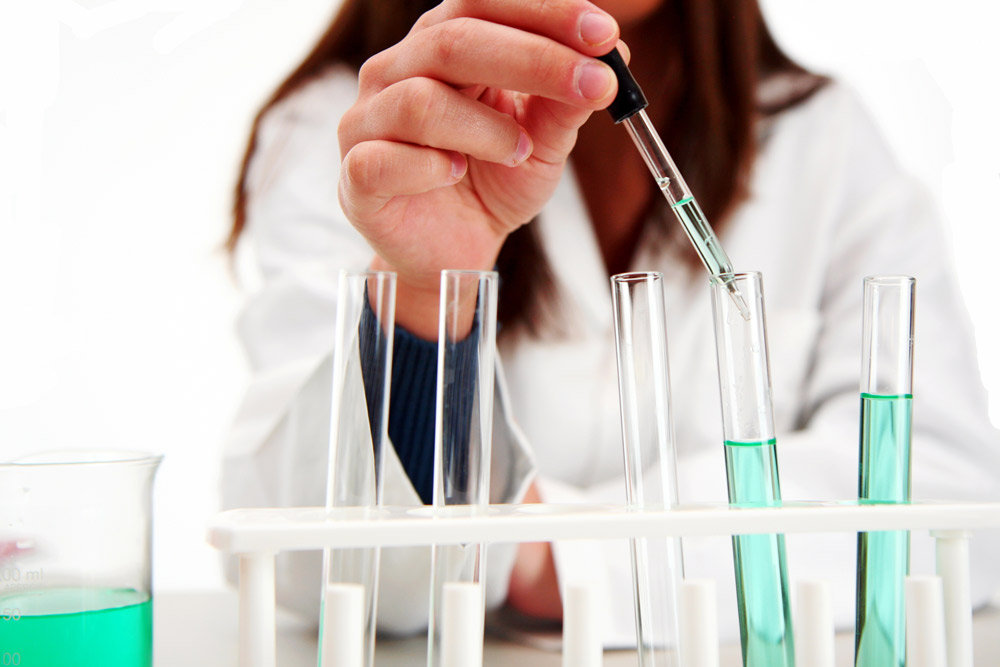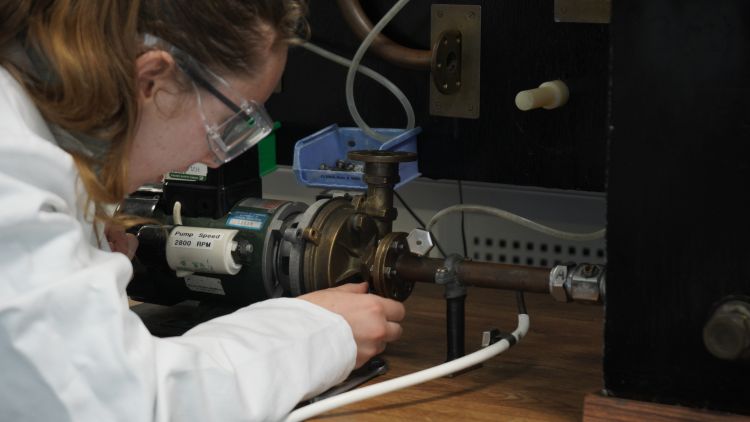Biotechnology, a field at the intersection of biology and technology, has revolutionized various aspects of our lives, from healthcare to agriculture. It encompasses a wide array of techniques and applications aimed at harnessing biological systems for human benefit. Within this expansive domain, there are four main types of biotechnology, each with distinct approaches and applications.
Medical Biotechnology

Medical biotechnology stands at the forefront of innovation in healthcare, aiming to revolutionize disease diagnosis, treatment, and prevention. At its core, this branch harnesses biological processes and living organisms to develop novel pharmaceuticals, diagnostic tools, and therapeutic interventions.
From groundbreaking gene therapies to precision medicine approaches, medical biotechnology continues to redefine the boundaries of modern medicine.
Key applications of medical biotechnology include
- Pharmaceutical Development: Biotechnological techniques are used to engineer pharmaceutical compounds, including proteins, antibodies, and nucleic acids, for the treatment of various diseases such as cancer, autoimmune disorders, and infectious diseases.
- Genetic Testing and Personalized Medicine: Advances in DNA sequencing and molecular diagnostics enable the identification of genetic predispositions to diseases and the customization of treatment plans based on individual genetic profiles.
- Regenerative Medicine: Stem cell therapies and tissue engineering techniques offer promising avenues for regenerating damaged tissues and organs, potentially revolutionizing the treatment of injuries and degenerative diseases.
- Recent innovations in medical biotechnology, such as CRISPR-based gene editing and mRNA vaccine technologies, have garnered widespread attention for their transformative potential in addressing unmet medical needs and combating global health challenges.
Agricultural Biotechnology

Agricultural biotechnology plays a pivotal role in meeting the growing demand for food, feed, and fiber in a sustainable manner. By harnessing genetic engineering, molecular breeding, and other biotechnological tools, this field aims to enhance crop productivity, improve nutritional content, and develop resilient agricultural systems capable of withstanding environmental stressors.
Key applications of agricultural biotechnology include
Genetic modification of crops allows for the introduction of desirable traits such as herbicide tolerance, pest resistance, and drought tolerance, thereby increasing yields and reducing reliance on chemical inputs.
Integration of biotechnological tools with data analytics and remote sensing technologies enables farmers to optimize resource use, minimize environmental impact, and maximize crop yields through targeted interventions.
Through genetic engineering and breeding programs, agricultural biotechnology aims to enhance the nutritional content of crops, addressing micronutrient deficiencies and improving public health outcomes in vulnerable populations.
Despite controversy surrounding the adoption of GMOs and concerns regarding their environmental and socioeconomic impacts, agricultural biotechnology continues to evolve, offering innovative solutions to complex challenges facing global food security.
Industrial Biotechnology

Industrial biotechnology harnesses the power of biological systems to drive sustainable manufacturing processes, produce renewable fuels and chemicals, and develop bio-based materials with diverse applications across industries.
By leveraging the metabolic capabilities of microorganisms and enzymes, this field offers eco-friendly alternatives to traditional industrial practices, reducing reliance on fossil fuels and minimizing environmental footprint.
Key applications of industrial biotechnology include
Microbial fermentation and enzymatic conversion processes are used to produce biofuels such as ethanol, biodiesel, and biogas from renewable feedstocks such as crop residues, algae, and municipal waste.
Biotechnological approaches enable the production of biodegradable polymers and plastics from renewable resources, offering sustainable alternatives to petroleum-based materials and reducing plastic pollution.
Advances in enzyme engineering and protein design facilitate the development of tailor-made enzymes for industrial applications, including food processing, textile manufacturing, and detergent production.
Industrial biotechnology holds promise for driving the transition towards a bio-based economy, characterized by sustainable production processes, reduced environmental impact, and enhanced resource efficiency.
Environmental Biotechnology

Environmental biotechnology addresses pressing environmental challenges, including pollution remediation, waste management, and ecosystem restoration, by harnessing biological processes to degrade pollutants, detoxify contaminated environments, and promote ecological sustainability.
Key applications of environmental biotechnology include
Microbial biodegradation and phytoremediation techniques are used to clean up contaminated soil, water, and air by breaking down pollutants into harmless byproducts or immobilizing them for safe disposal.
Anaerobic digestion, composting, and microbial fermentation processes are employed to convert organic waste into valuable products such as biogas, fertilizer, and animal feed, reducing landfill waste and greenhouse gas emissions.
Biological filtration systems and biorefinery platforms utilize living organisms to remove pollutants from air and water streams and recover valuable resources from industrial waste streams, promoting circular economy principles and resource recovery.
Environmental biotechnology plays a crucial role in safeguarding natural ecosystems, mitigating the impacts of human activities on the environment, and promoting sustainable development practices.
Final Words
The four types of biotechnology—medical, agricultural, industrial, and environmental—represent diverse yet interconnected facets of innovation, each offering unique solutions to complex challenges facing society. As biotechnological research continues to advance, the potential for transformative impact across various sectors remains immense, promising a future where biotechnology serves as a driving force for sustainable development and human well-being.
